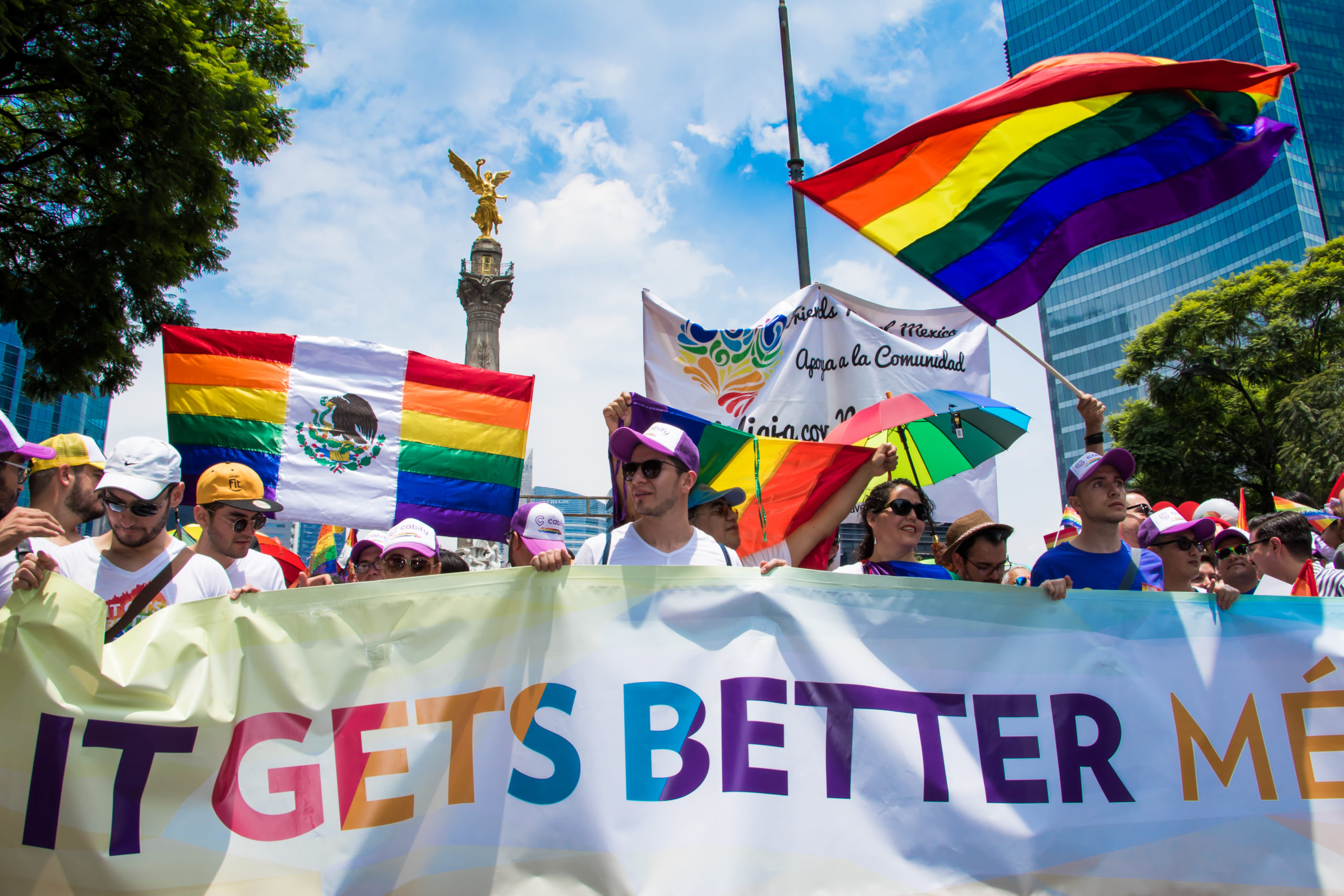

Impact of the COVID-19 Pandemic on LGBTQIA+ Populations and Organizations Across the Globe
As many grantmakers across the world, the International Community Foundation (ICF) has been responding to COVID-19 impacts in the public health, food security, and nonprofit support arenas, with a focus on vulnerable populations throughout the Americas. The observations below, from ICF’s Grant Manager Jackelyn Rivas-Landaverde, give a closer look to one of the vulnerable groups that we are supporting.
The COVID-19 pandemic presents unparalleled challenges to human resilience, as well as local and global economies. There is still a lot of uncertainty of how many people will ultimately be stricken or when this pandemic will come to an end, but what is clear is that while everyone is at risk of getting infected, not all populations will experience the pandemic equally. In times of crisis, the communities who are most marginalized tend to suffer disproportionately compared to the broader population. Among those faced with the most challenges is LGBTQIA+ community who, even in the absence of a pandemic, experience more violence, exclusion and deprivation which stems from stigma, discrimination, and criminalization.
According to OutRight Action International, LGBTQIA+ populations are experiencing many unique challenges – one being the devastation of livelihoods and growing food insecurity. Several of those in LGBTQIA+ community primarily work in the informal sector and this not only makes them rely on daily wages and survive without job benefits, but also makes them become more vulnerable to economic downturns. The reality is that those in LGBTQIA+ community are put in a position of having to choose between being exposed to the virus to make ends meet and risk living without basic needs, such as food and shelter. Furthermore, the pandemic has led to shortages of PPE, test kits, and other important medical equipment, including ventilators. In countries with weaker health care systems, medical services to treat patients who tested positive for the virus are not widely available to vulnerable communities, especially LGBTQIA+ populations who are constantly refused services. Accessing hormones and other gender-affirming care is a pre-existing challenge, but during this crisis, they are considered non-essential which further discourages queer people from seeking care even if it is urgent.
For queer people who are at an increased risk of domestic violence, the mandatory lockdowns used to control the spread of the coronavirus may force them to stay in homes with unsupportive families or their abusers, and away from the people and resources that help them. To add on, the inability to physically connect with chosen families and friends, and other supportive networks, can increase anxiety and cause feelings of fear and isolation which puts a huge strain on an individual’s mental well-being.
As the world grapples with the spread of the coronavirus, LGBTQIA+ organizations are struggling to support LGBTQIA+ people in their communities. Because of the economic downturns, many grants have either been delayed or cancelled, thus causing many organizations to function day by day with the fear that they may eventually have to shut down permanently if this issue continues. The level of advocacy work done by organizations has also been limited as the virus has reduced the chances of meeting with others or accessing important resources. As we have heard, many homeless centers have also been closed, which only weakens the LGBTQIA+ human rights movement since social media has become the main method to serve community needs.
Disease control efforts must be grounded in a human rights approach, without stigma or discrimination, and the LGBTQIA+ community around the world must be included in all health, humanitarian, and economic relief efforts to eliminate food insecurity, homelessness, and health impacts cause by the COVID-19 pandemic.
In honor of pride month, ICF is proud to announce that This is About Humanity has partnered with The Little Market and StoryPlace, who have offered a $10,000 matching grant campaign to benefit our LGBTQIA+ partner shelters and organizations at the U.S.-Mexico border to provide critical life-saving work for LGBTQIA+ individuals and their families.
All donations from ICF donors to this campaign will help support LGBTQIA+ organizations in Tijuana — Casa Jardin de las Mariposas, Centros de Servicios Ser AC, COBINA Centro Comunitario de Bienestar, Casa Arcoiris, and It Gets Better-México Hora Segura.
[wpad-comment-form id=”883″]
Join Our Mailing List
Stay Connected with ICF
Be the first to get exclusive updates on
what ICF is doing to make a difference!
